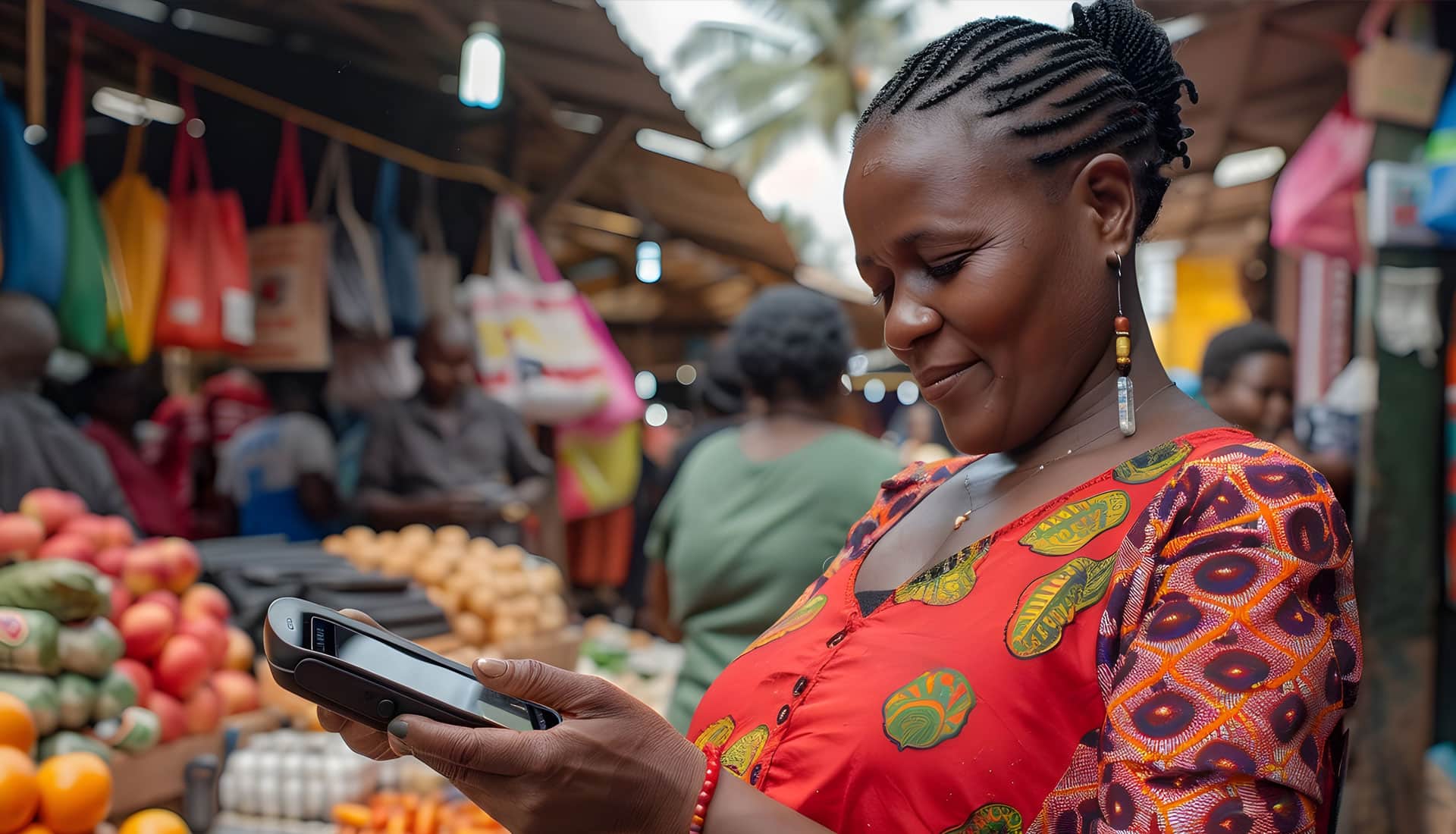The way South Africans pay, borrow, and save is changing faster than ever before. Mobile financial services, once seen as a convenient extra, have become a driving force in the country’s digital economy. From township traders to corporate boardrooms, the rise of mobile wallets and digital payments is reshaping how money moves, who can access it, and what the future of finance in South Africa might look like.
South Africa’s financial landscape has always been unique. On the one hand, there is a well-established banking sector and a sophisticated urban consumer base. On the other, millions of South Africans remain underbanked or excluded from traditional finance. This dual reality is why mobile financial services have taken on such importance. They bridge the gap, offering fast, secure, and accessible ways to transact without the red tape of legacy systems.
Globally, the shift to digital payments has been rapid, but in South Africa the story is also about resilience and adaptation. Load shedding, rising living costs, and a youthful, tech-savvy population have all created demand for services that can work anytime, anywhere. Whether it’s using a mobile wallet to buy groceries, receiving cross-border remittances, or accessing micro-loans with a few taps, mobile finance is not just a convenience – it’s becoming a lifeline.
As 2025 unfolds, several clear trends are shaping the future of mobile financial services in South Africa. Embedded finance is taking centre stage, where financial tools are woven into everyday apps and services, making payments seamless and invisible. Cross-border digital payments are gaining traction, fuelled by the African Continental Free Trade Area, which aims to simplify commerce across borders. For small businesses, this means greater access to regional markets and smoother trade flows.
Regulation is also stepping into the spotlight. Policymakers are working hard to balance innovation with consumer protection, ensuring that digital transactions remain secure and trustworthy. At the same time, advances in 4G and the arrival of 5G are making mobile platforms more reliable, reducing friction and enabling more sophisticated services. For everyday South Africans, this translates into faster transactions, more choice, and a financial system that increasingly reflects the way people actually live and work.
The bigger picture is about resilience. Mobile financial services are not only empowering individuals but also strengthening the country’s economy. By bringing more people into the formal financial fold, these services expand the tax base, improve transparency, and drive economic activity from the ground up. For small and medium enterprises, easier access to credit and mobile payments can be the difference between struggling to survive and scaling up successfully.
As South Africa pushes towards a more connected, digital economy, mobile financial services will continue to play a pivotal role. They are more than a passing trend – they are becoming the foundation for how money flows in society. With fintech innovation accelerating, telecoms broadening their ambitions, and consumers eager for convenience, the country is poised to leapfrog old barriers and embrace a future where finance is as mobile as the people who use it.
The story of mobile finance in South Africa is still being written, but its trajectory is clear. It is inclusive, dynamic, and increasingly essential. In many ways, it reflects the spirit of the nation itself: resourceful, adaptable, and always looking for ways to turn challenges into opportunities.
The OPPO Enco R3 earbuds are an excellent choice for those seeking affordable, high-quality audio with impressive features. Whether you’re commuting, exercising, or simply enjoying your favourite music, these earbuds deliver a reliable and immersive listening experience.
